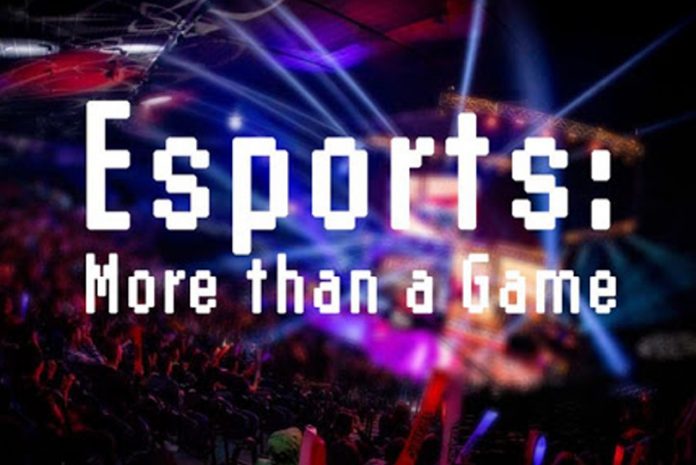
[ad_1]
The rise of competitive gaming is among the greatest phenomena of the 21st century and traditional sports franchises are desperately piling into the industry in a bid to remain relevant going forwards. With traditional sports teams now picking up an esports roster for themselves. Athleticism is still primarily seen as overt demonstrations of physical activity and skill. Let’s look at the ways that esports challenges and puts under pressure its athlete and how it resembles the physical sports. Disclaimer: we can relate but not compare

Mentality and Embodied Play
Just like any athlete, esports players have trained their body and visceral reactions in the competitive environment. Though to someone who does not know what is happening, it might seem like the player is just mashing buttons, but the perceptual acuity of first person shooter play for example where their knowledge of game maps and weapons meet interpretive wok in elaborate hand eye co-ordination can leave the average players head spinning it they were to face them in the game. At the topmost level embodied skills must be naturalized to a degree that its unconscious in order for true mastery occurs.
In the same way that basics like dribbling and throwing a ball have to be ingrained into the very physicality of the sports player, computer games similarly require a deep internalization of moves, for the highest-level play to occur. It requires years of commitment and dedication to reach the level on a professional and still be beaten by someone whos practised more. the same way traditional sports shape embodied actions, with constant and rigorous practice, esports players exhibit physical-technological skills within larger team concepts all with practice and intensive routines.
Great motor skills, fast reflexes, coordination, understanding of the game, tactical thinking all working together make for an esports athlete.
Passion and Physical effects
Passion is a basic drive that is understood an athlete has to push himself to greater heights, the passion and love for his sport makes him try harder, invest all his time to shape his skills the best he can. The same is with esport players, players are fully invested into the game, the constant grind for long does take a toll on the body, it’s thought that the effort required by an esport player is low, but it’s on the contrary. Studies have shown that esports players achieve up to 400 movements on the keyboard and the mouse per minute. Four-time as much as the average person, this in many players without exercise has led to corpus tunnel syndrome.

Audience
The fan base for esports has grown exponentially and does not seem to stop. Covid-19 certainly has a role to play in its recent boom. As Sarah Looss of twitch said “In the last decade, esports has grown into a multi-billion dollar industry, with studies suggesting that it will have more viewers that most major professional sports leagues by 2021”. The new generations is one with esports, the young adult understands more of esports than the previous generation. Sports has always bonded family and friends and now slowly but surely esports is doing the same, as the whole family can even participate in the activity.
Conclusion
‘Sport’ is an activity that you do for pleasure and that needs physical effort or skill, usually done in a special area and according to fixed rules.’
That’s the definition according to the Oxford dictionary. Does esports bring pleasure? Yes. Does it require physical effort? Obviously. Do we need skills? Definitely. Finally, are there specific areas and rules? Yes.
Olympics has always hinted at acknowledging esports. The 2024 Summer Olympics, taking place in Paris, will include demonstration esports events.
The complexity of action, rules, structure and competition that we see in traditional sports certainly echo in this digital realm.
[ad_2]
Source link
